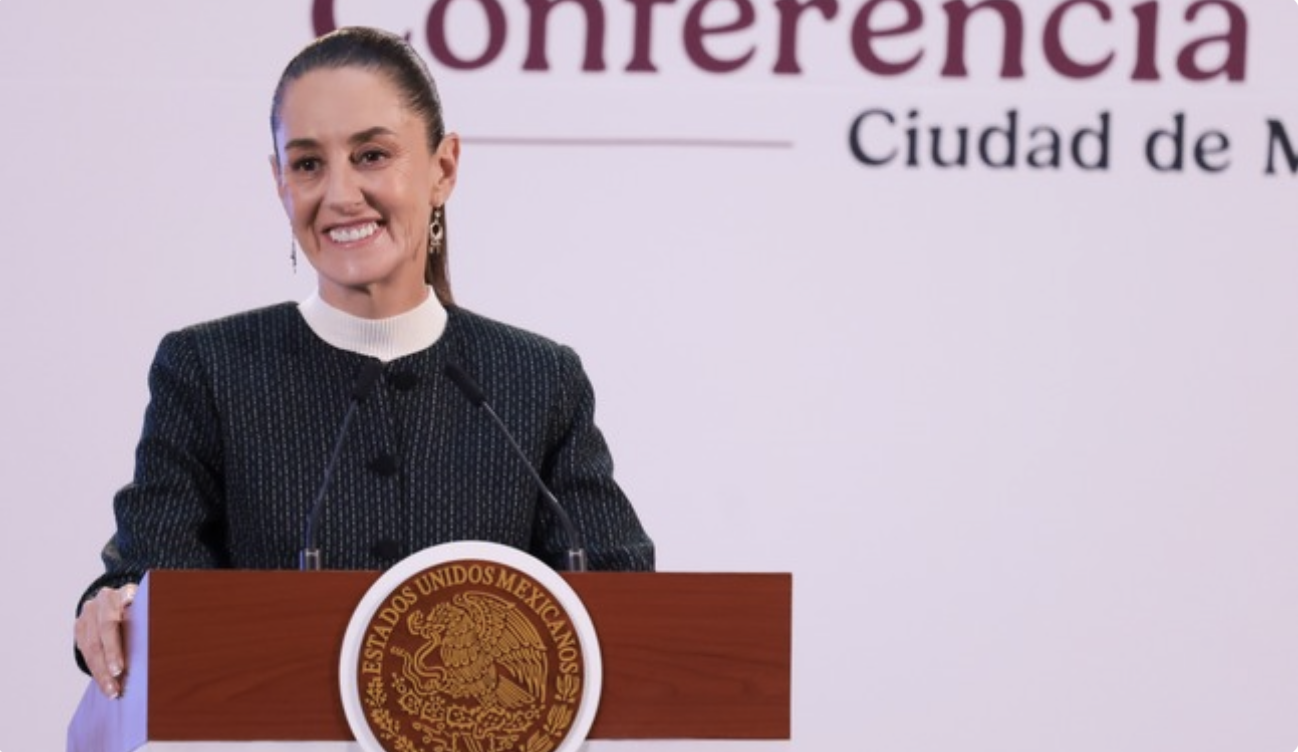Mexico’s path toward universal health coverage (UHC) reflects both remarkable progress and persistent fragility. In their BMC Health Research Policy and Systems study, “Health insurance coverage in Mexico: progress, inequalities and remaining challenges towards UHC2030,” Edson Serván-Mori, Diego Cerecero-García, Sergio Meneses-Navarro, Thomas Hone, Alejandro Mohar-Betancourt, and Octavio Gómez-Dantés offer a comprehensive analysis of Mexico’s health insurance trajectory from 2000 to 2023. Drawing on two decades of national data, the authors document how the Seguro Popular program expanded access for millions—especially among Indigenous, rural, and low-income groups—before coverage declined sharply following its dismantling and the launch of INSABI.
Their findings reveal how institutional instability, uneven reforms, and eroding public trust have deepened inequalities and reversed earlier gains. The authors conclude that UHC cannot be sustained without strong institutions, social legitimacy, and political consensus. Mexico’s experience serves as a warning and a lesson for other low- and middle-income countries: progress toward UHC must be anchored in resilience, equity, and long-term commitment.

